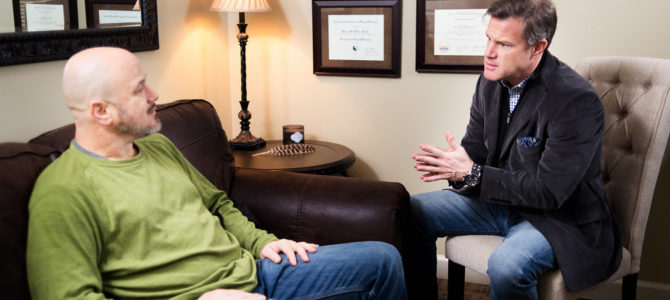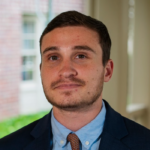Sally Satel, a psychiatrist who is a senior fellow at the American Enterprise Institute, described how the left-wing social justice agenda is making its way into mental health and counseling programs.
“Until roughly five years ago, people seeking mental health care could expect their therapists to keep politics out of the office,” Satel wrote in a Substack column published last week. “But as counselor education programs and professional organizations across the country embrace a radical social justice agenda, that bedrock principle of neutrality is crumbling. Mental health professionals—mainly counselors and therapists—are increasingly replacing evidence-driven therapeutics with ideologically motivated practice and activism.”
Critical race theory, once a fringe academic movement based on systemic racism and judging people based on racial identity, has made its way into institutions across the United States. Satel, who is also a visiting professor at Columbia University’s Vagelos College of Physicians and Surgeons, provided several examples of how the dogma is apparent in psychotherapy.
The professor notes how “anti-racism” training has become “impossible to ignore” in the counseling field. For instance, the University of Vermont’s graduate counseling program aims to “structurally align” its framework with the group Black Lives Matter.
Likewise, when George Floyd died last year, the counseling center at Johns Hopkins University called for people to “consider us one of many resources in the difficult but necessary work of engaging with internalized bias, recognizing privilege, and aligning values of anti-racism and allyship with embodied and sustained practice.”
“Central to the ideology that’s creeping into the field of mental health care is a growing aversion to recognizing personal responsibility and agency,” Satel wrote. “One colleague of mine who works in a prominent psychiatry department told me that during a group discussion of the growing problem of stress and suicide in black youth, her colleagues were unwilling to discuss explanations that pointed to factors coming from within beleaguered communities.”
But while the prominent psychiatrist described the many left-wing developments in her field, she also “feel[s] stirrings of optimism” due to the launch of a group called the International Association of Psychology and Counseling (IAPC). IAPC is a non-profit group “dedicated to excellence in education and clinical practice.”
The founder, clinical mental health counseling professor Brian S. Canfield at Florida Atlantic University, intends to have the group assist counseling to go back to “its roots of liberal education” as well as to “professionalism where advocacy should be the domain of individual conscience, not one’s professional identity.”









